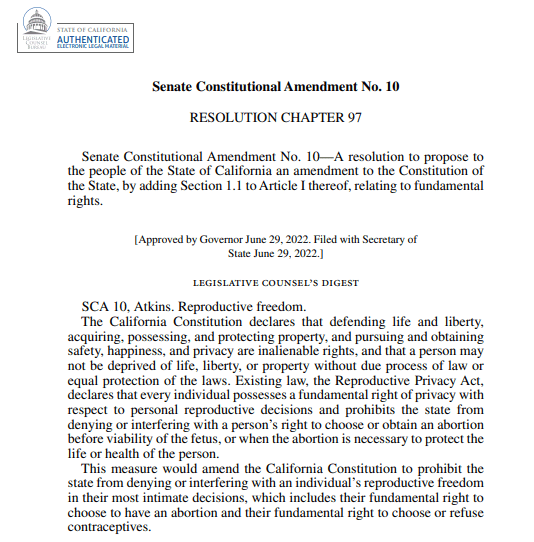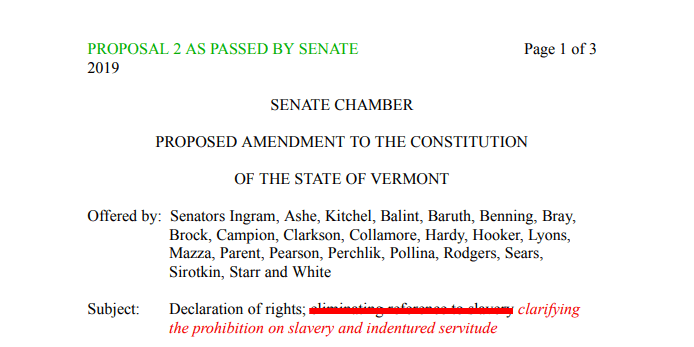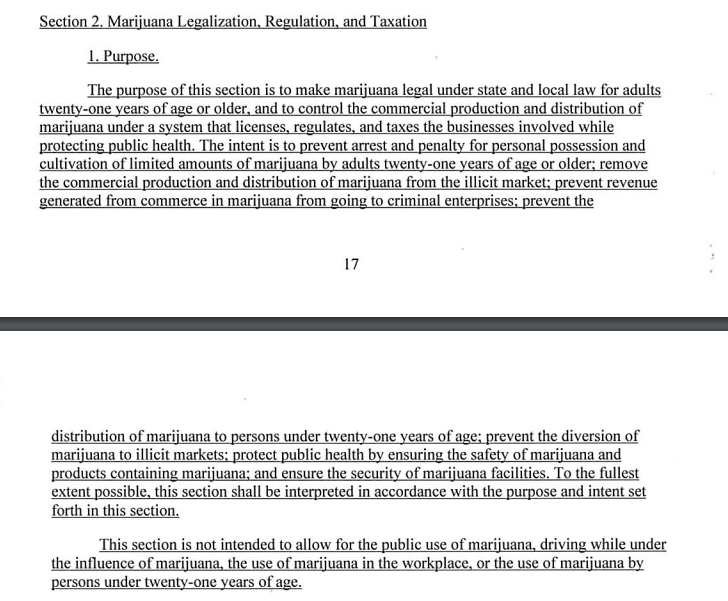Although the U.S. midterm elections were held on November 8, results were not immediately apparent, and a runoff election for a Georgia senatorial seat was held on Tuesday—although the results of that election are not as pressing as they once could have been, as Democrats flipped a seat in Pennsylvania to secure control of the Senate regardless of the outcome of the Georgia race.
Although they don’t usually draw as large of a turnout as presidential elections, midterms are important in determining the agendas and priorities of the U.S. government for the next two years. Check out our recap of the results!
Standings in the Senate
As of this writing, the Senate stands at 51 Democrats. The party won important elections in Arizona and Nevada, as well as flipped a seat in Pennsylvania when Democrat John Fetterman[1]Administration of Joseph R. Biden, Jr., 2022 Remarks at a Democratic National Committee Rally in Philadelphia, Pennsylvania , Daily Comp. Pres. Docs. 1 (2022). This document can be found in HeinOnline’s Federal Register Library. beat out Trump-backed TV personality Dr. Mehmet Oz[2]Carl H. Coleman, Physicians Who Disseminate Medical Misinformation: Testing the Constitutional Limits on Professional Disciplinary Action, 20 First AMEND. L. REV. 113 (2022). This article can be found in HeinOnline’s Law … Continue reading in the most costly Senate race of the election. The GOP stands at 49 seats. With Democrats holding more than 50 seats, plus VP Kamala Harris holding a tie-breaking vote, the Democrats have retained hold over the Senate, preventing what many anticipated would be a “red wave” of Republican victories based on dissatisfaction with President Biden. This is important for Democrats, who will now have two more years to confirm nominees to federal judgeships, and in the case that a Supreme Court seat becomes vacant, Republicans would not be able to block Biden’s nominee.
Holdings on the House
Republicans have taken control of the House of Representatives, with 221 seats as of this writing, while Democrats hold 213. Democrats lost 9 seats, and Republicans gained 9 seats. This means that many of Biden’s legislative plans will likely be defeated by the Republican House majority.
Gambles for Governor
In the gubernatorial elections, 18 states consisting of 148.1 million people elected Democratic governors, while 18 states consisting of 109.8 million people elected Republican governors. Fourteen states were not electing a new governor—six states with 36.9 million people will continue to be led by Democrat governors, while eight states with 31.1 million people will be led by a Republican. Overall, more people in the country will have a Democrat in their state’s governor’s seat than a Republican.
Issues on the Ballot
Several important issues were on the ballot in various states. For example, Vermont, California, and Michigan all voted to include the right to reproductive freedom in their state’s constitution, while Kentucky rejected a measure to exclude the right to abortion in their constitution and Montana rejected a “right to life” measure for an infant born even after an abortion.

Additionally, four states voted to prohibit slavery and involuntary servitude as a punishment for crime. These states include Alabama, Oregon, Tennessee, and Vermont, and refer to the use of unpaid, forced prison labor.

Marijuana legalization for recreational use was on the ballot in five states. Maryland and Missouri voted to legalize, while Arkansas, North Dakota, and South Dakota rejected the measure. Voters in Colorado voted to legalize psychedelic mushrooms, becoming the second state after Oregon to do so. However, regulations around mushroom usage still need to be established.

The Georgia Runoff Election
Georgia held a runoff senatorial election on Tuesday, December 6, to decide between current Senator Raphael Warnock (Democrat)[3]Linda C. McClain, Experimental Meets Intersectional: Visionary Black Feminist Pragmatism and Practicing Constitutional Democracy, 69 DRAKE L. REV. 823 (2021). This article can be found in HeinOnline’s Law Journal Library. and Herschel Walker (Republican). Warnock became the first Black U.S. Senator from Georgia after he was elected in a runoff election in January 2021. Senior minister of Martin Luther King, Jr.’s Atlanta church, Warnock has liberal ideology, while Walker, a former University of Georgia football star and newbie to politics, is a pro-life conservative. Warnock led Walker by about 37,000 votes in the general election, but because neither candidate received 50% of votes, a runoff election was called. The race has been officially called with a victory for Warnock, making him the first Black senator in the state to hold a full term.
Runoff elections in Georgia[4]Graham Paul Goldberg, Georgia’s Runoff Election System Has Run Its Course, 54 GA. L. REV. 1063 (2020). This article can be found in HeinOnline’s Law Journal Library. are not uncommon, as both Georgia and Louisiana require a second election when a candidate doesn’t receive at least 50% of the vote in a general election, as compared to all other states where a candidate will win a general election with simply the highest number of votes. However, 10 states conduct runoff elections for primaries when no candidate receives a specified percentage of votes. These states include:
- Alabama
- Arkansas
- Georgia
- Mississippi
- North Carolina
- Oklahoma
- South Carolina
- South Dakota
- Vermont
See How it Shakes Out With HeinOnline
We will be closely following what happens in Congress following the midterm elections, so be sure to subscribe to the HeinOnline Blog to get the latest updates delivered right to your inbox, along with stories from history and so much more!
HeinOnline Sources[+]
| ↑1 | Administration of Joseph R. Biden, Jr., 2022 Remarks at a Democratic National Committee Rally in Philadelphia, Pennsylvania , Daily Comp. Pres. Docs. 1 (2022). This document can be found in HeinOnline’s Federal Register Library. |
|---|---|
| ↑2 | Carl H. Coleman, Physicians Who Disseminate Medical Misinformation: Testing the Constitutional Limits on Professional Disciplinary Action, 20 First AMEND. L. REV. 113 (2022). This article can be found in HeinOnline’s Law Journal Library. |
| ↑3 | Linda C. McClain, Experimental Meets Intersectional: Visionary Black Feminist Pragmatism and Practicing Constitutional Democracy, 69 DRAKE L. REV. 823 (2021). This article can be found in HeinOnline’s Law Journal Library. |
| ↑4 | Graham Paul Goldberg, Georgia’s Runoff Election System Has Run Its Course, 54 GA. L. REV. 1063 (2020). This article can be found in HeinOnline’s Law Journal Library. |



